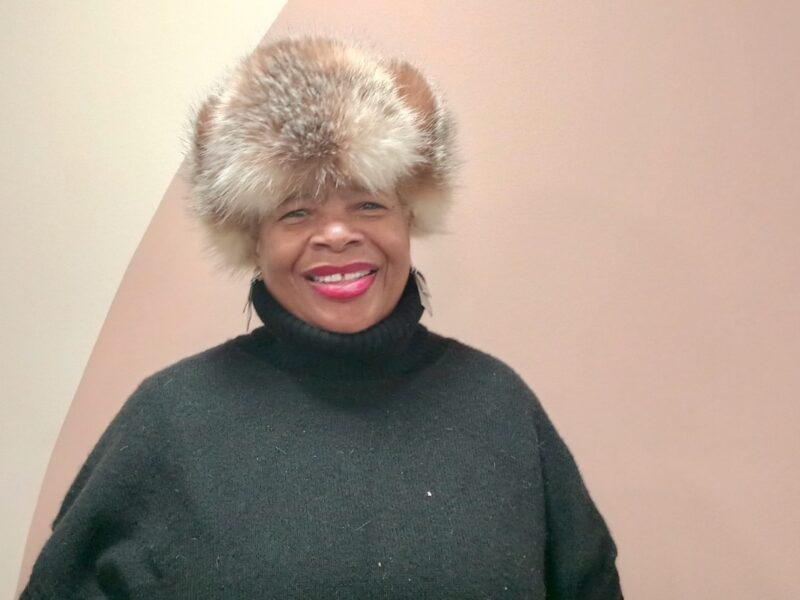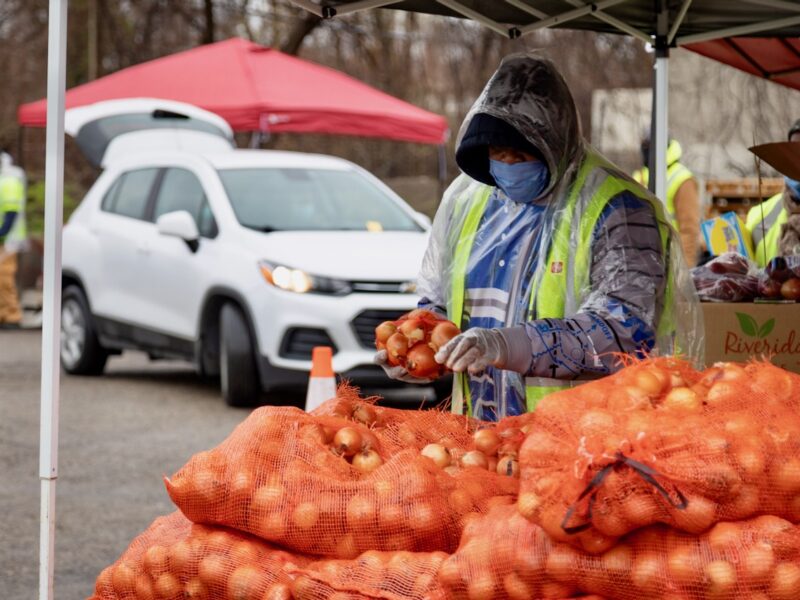Overview:
- Journalists of color gather in Chicago to tackle urban environmental justice, explore the impacts of legacy pollution and zoning on marginalized communities.
- The workshop, organized by the Institute for Journalism & Natural Resources and the Uproot Project, featured site visits and discussions with city officials and community advocates.
- A "toxic tour" of Chicago's South Side highlighted the environmental challenges faced by low-income neighborhoods. Participants exchanged ideas and learned best practices for reporting on communities of color, aiming to amplify voices and stories often sidelined in mainstream media.
Two Planet Detroit reporters joined a three-day reporting workshop earlier this month in Chicago focused on urban environmental justice, organized by the Institute for Journalism & Natural Resources in partnership with the Uproot Project.
The “Reporting on the Urban Environment” workshop brought together 15 journalists of color from around the country to explore how legacy pollution, zoning, and community advocacy shape life in urban areas like Detroit and Chicago.
Ethan Bakuli, Planet Detroit’s Climate Solutions Reporting Fellow, describes the experience as “an awesome three-day excursion through Chicago’s past and present of environmental racism.”
The program included site visits and meetings with city officials, organizers, and citizen scientists.
“We learned of efforts to expand the city’s tree canopy, reclaim green space and waterways, and implement a citywide cumulative impact ordinance,” he said. A highlight of the workshop was a full-day “toxic tour” of Chicago’s South Side, guided by a fourth-generation Chicagoan and community organizer.
Estefania Arellano-Bermudez, a Planet Detroit Neighborhood Reporting Lab alum, said she applied to the workshop to better understand how another Great Lakes city is addressing similar environmental challenges.
“Chicago and Detroit have similar environmental stories. Both have sacrifice zones — places where low-income and predominantly people of color live surrounded by pollution,” she said. “I wanted to learn about how Chicago is facing and reporting on environmental issues.”
During the workshop, Arellano-Bermudez said she gained a deeper understanding of the historical and ongoing environmental burdens placed on marginalized communities.
“Though Chicago has a Department of Environment that is working to improve quality of life, community advocates still need the amplification provided by the media to shed light on environmental issues,” she said.
She names the proposed Hazel Johnson Cumulative Impacts Ordinance as one example of progress. The ordinance “has the potential to strengthen the zoning review process and ensures a thorough assessment of cumulative impacts on vulnerable communities.”
For Bakuli, the workshop served as a professional development opportunity. “I appreciated the chance to ask questions and exchange ideas with fellow journalists early in the environment beat,” he said. “It exposed me to a handful of story ideas and deepened my appreciation for the kind of community, health, and climate reporting we do at Planet Detroit.”
IJNR CEO Dave Spratt said the program is part of a larger effort to support more representative environmental journalism.
“Representation has long been lacking in news coverage, and we think our best opportunity to change that is by working with organizations like the Uproot Project to support journalists of color who report on their communities,” he said.
“Planet Detroit is setting an outstanding example of how equitable journalism can be, and we’re thrilled to have PD reporters in this workshop.”
The program included discussions on environmental health in “fenceline” communities, ecological restoration, and reconnecting to green space. Journalists also received guidance from editors and educators on navigating the environmental beat and best practices for covering communities of color.
For more about IJNR’s programs and future workshops, visit: https://ijnr.org
For more about the Uproot Project: https://uprootproject.org






